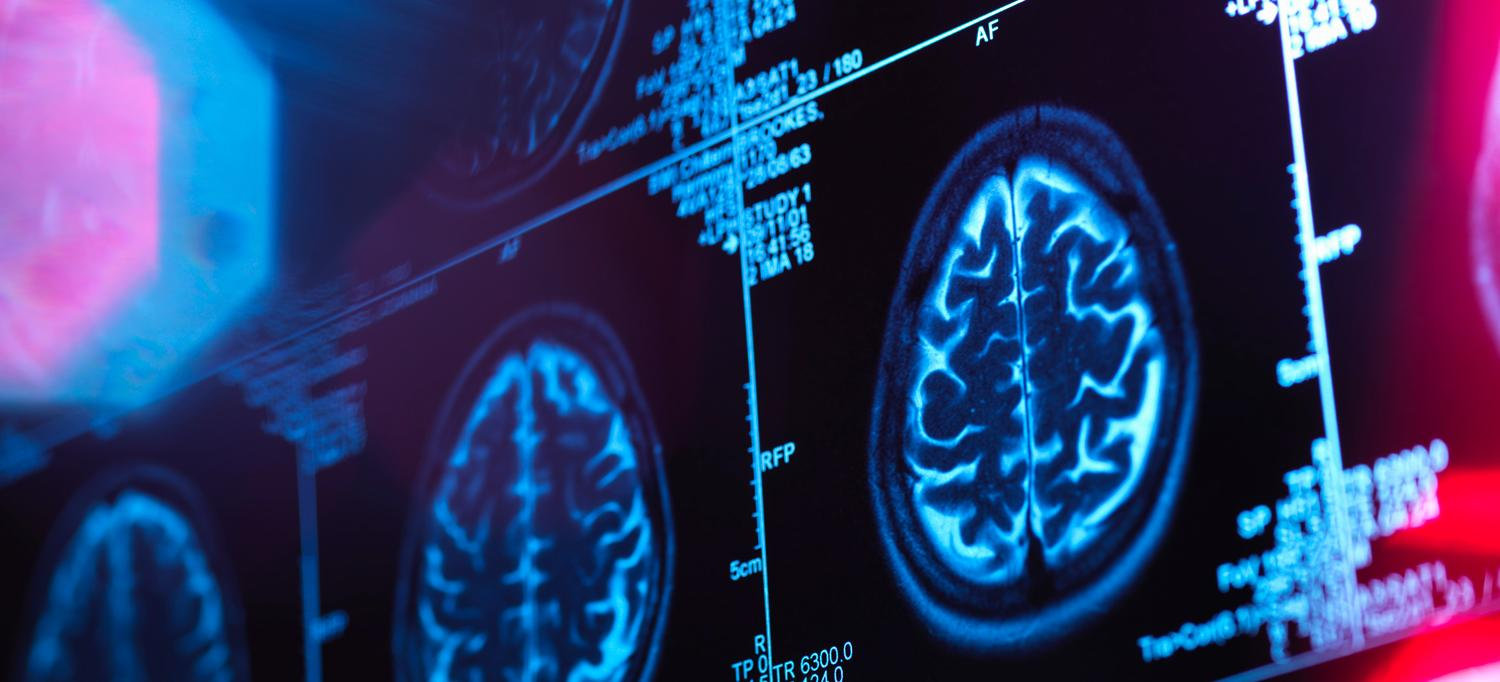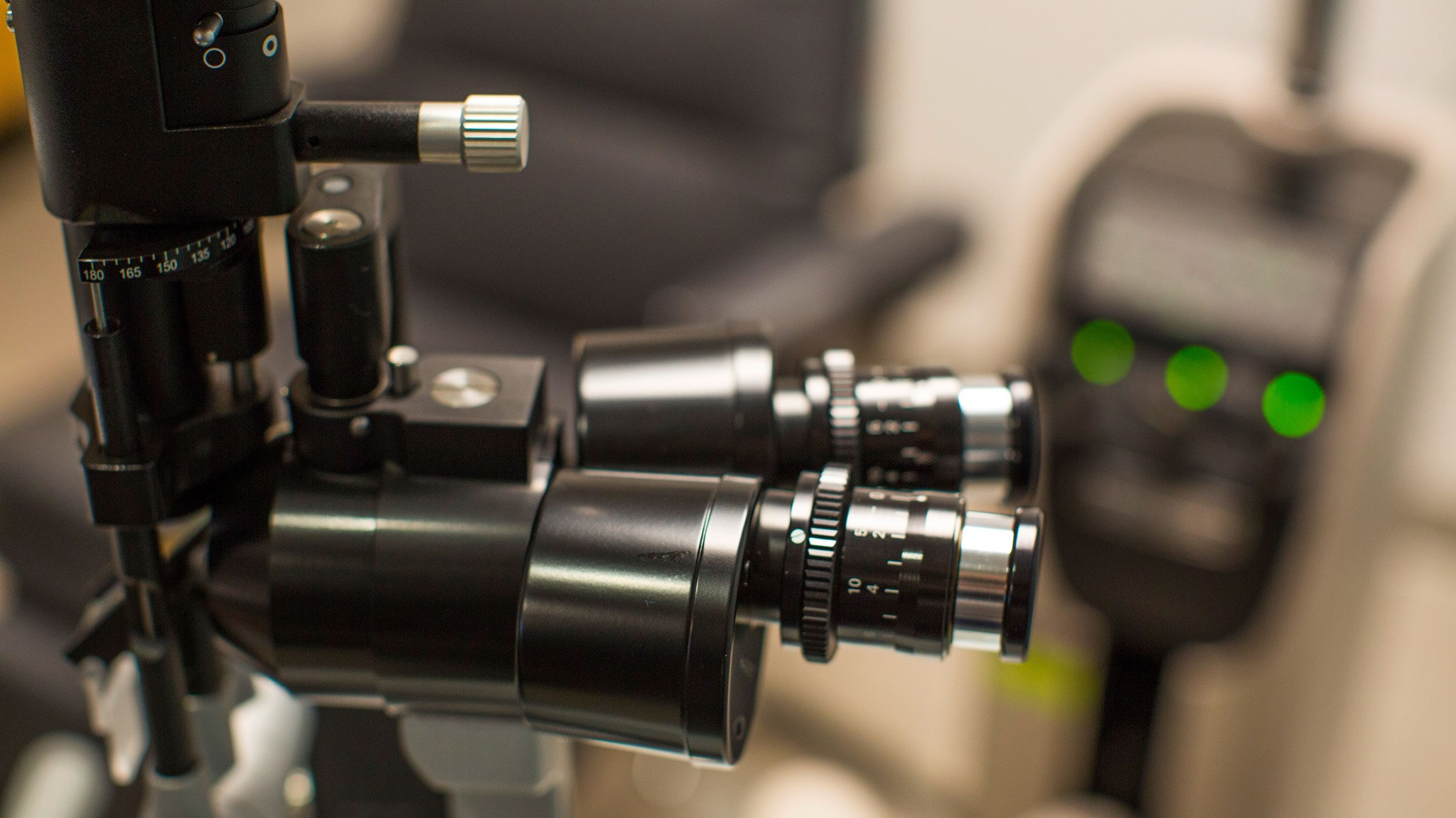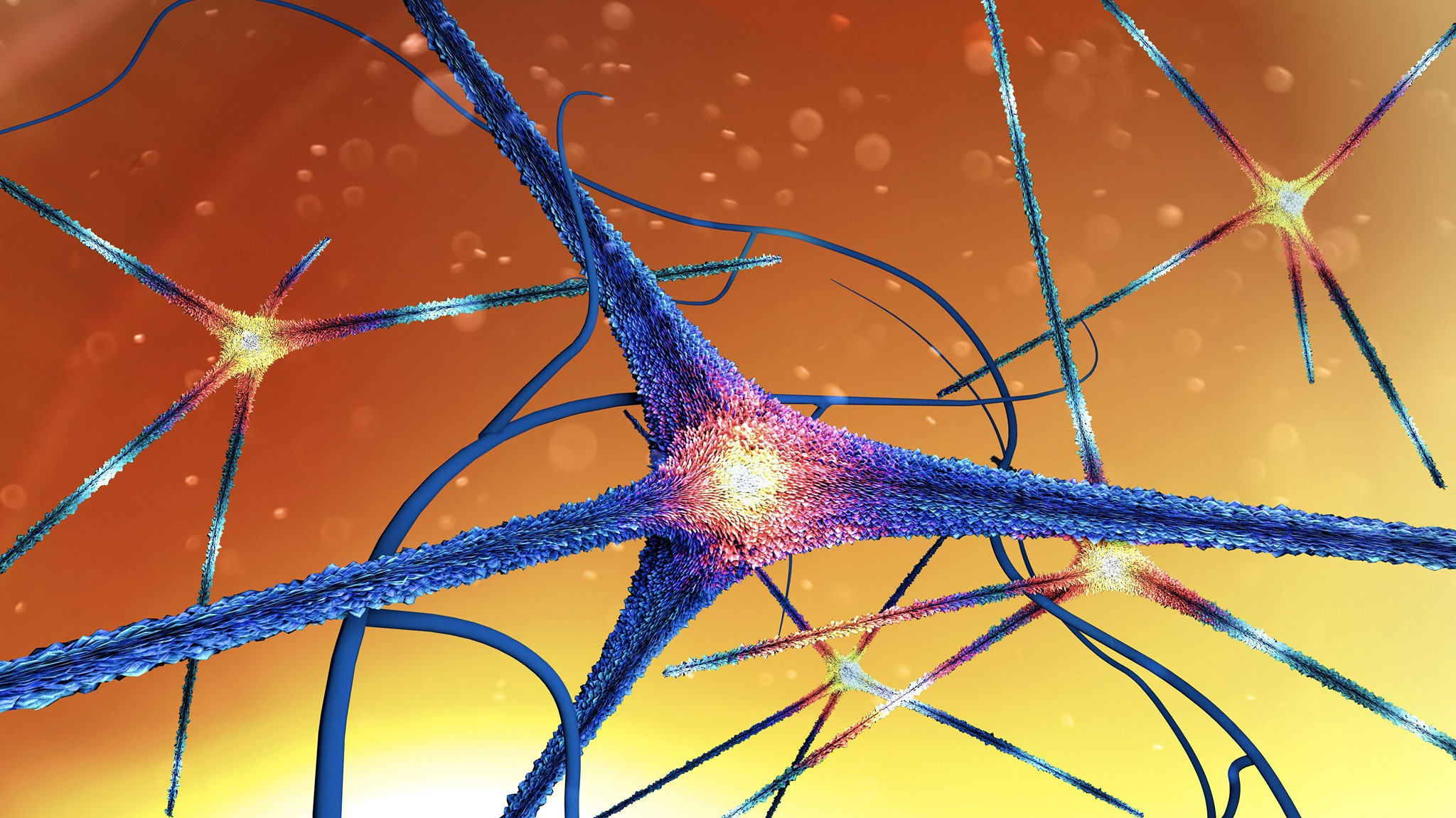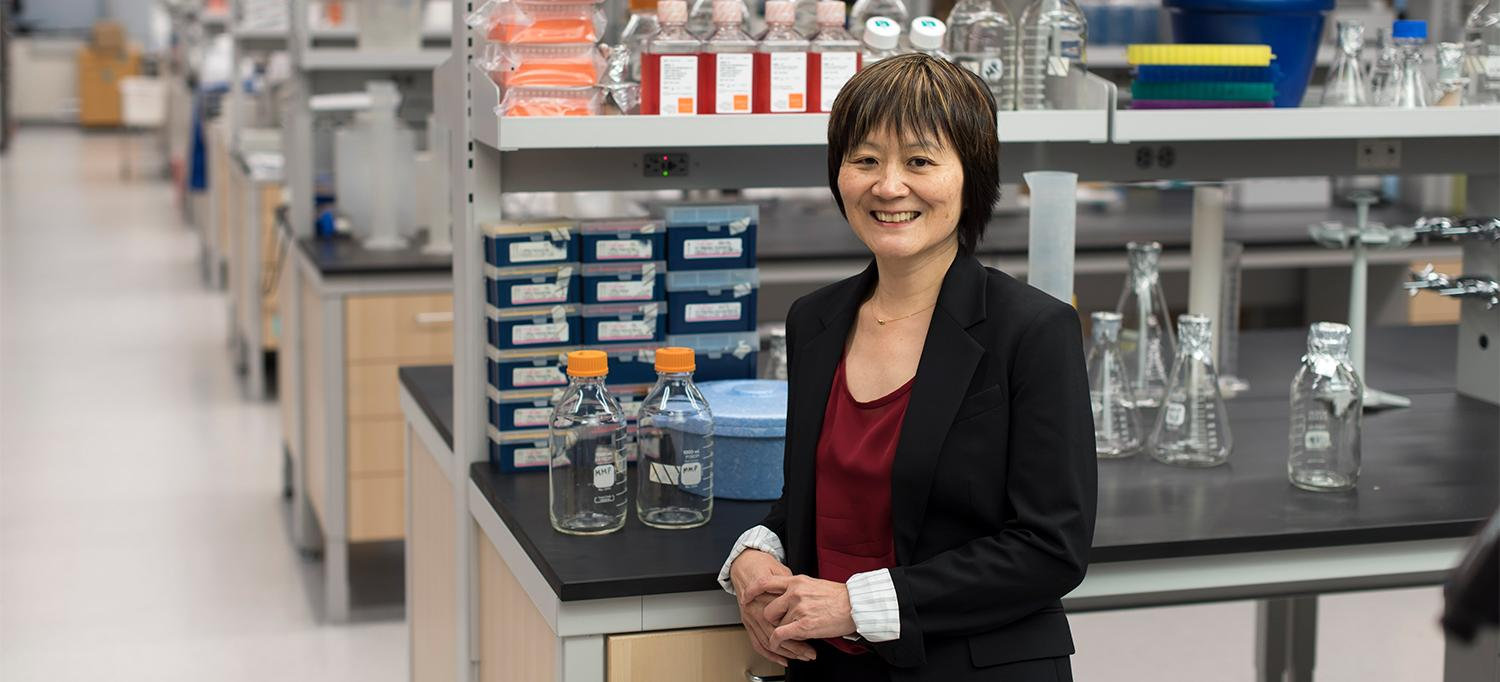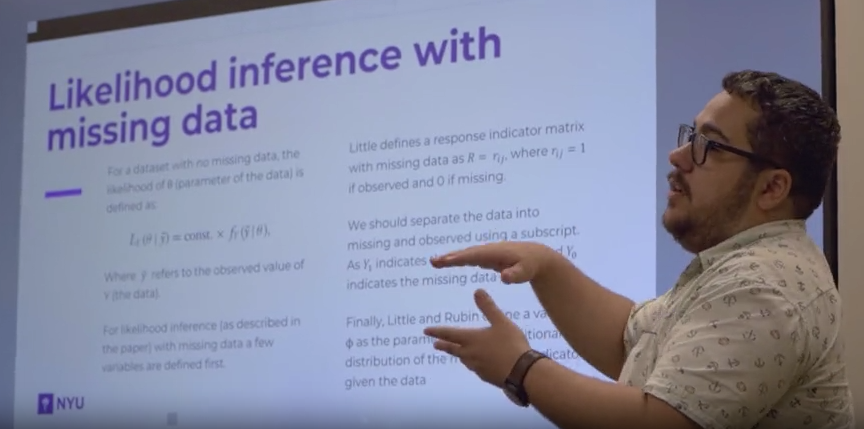Model Organisms
Graduate students have the opportunity to work with a variety of genetic systems, such as C. elegans and zebrafish.
Research labs can apply the techniques of developmental genetics in model organisms to study human disease, with training in developmental genetics.
There is an advantage to using a diversity of systems to answer scientific questions.

